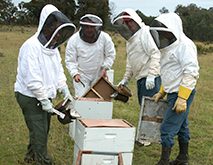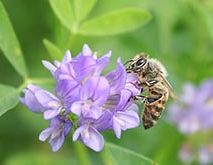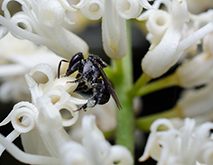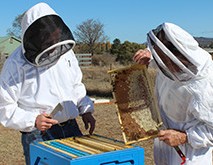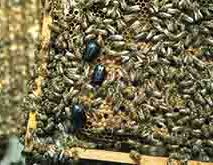25/09/2018 – 5:34 pm
NSW Department of Primary Industries (DPI) has declared American foulbrood (AFB) Awareness Month this October to help keep local bee hives healthy and productive. DPI plant biosecurity prevention and preparedness manager, Chris Anderson, urged beekeepers across the state to look for symptoms of AFB and take prompt action. “If there are signs of AFB, dark […]
Read more

